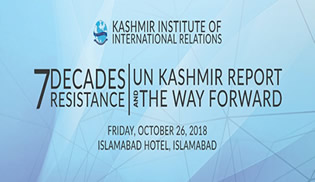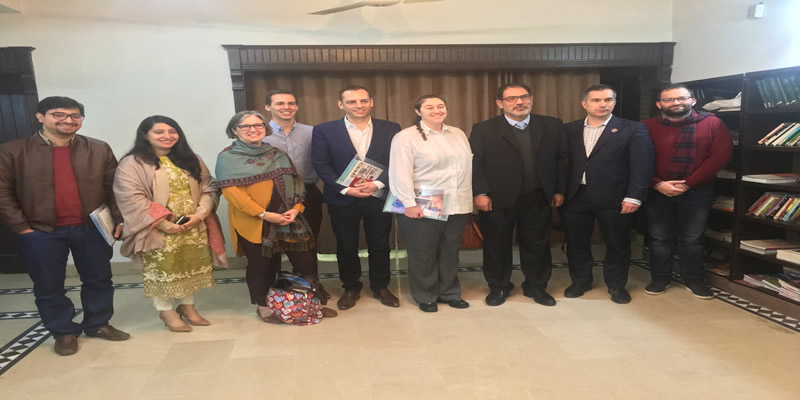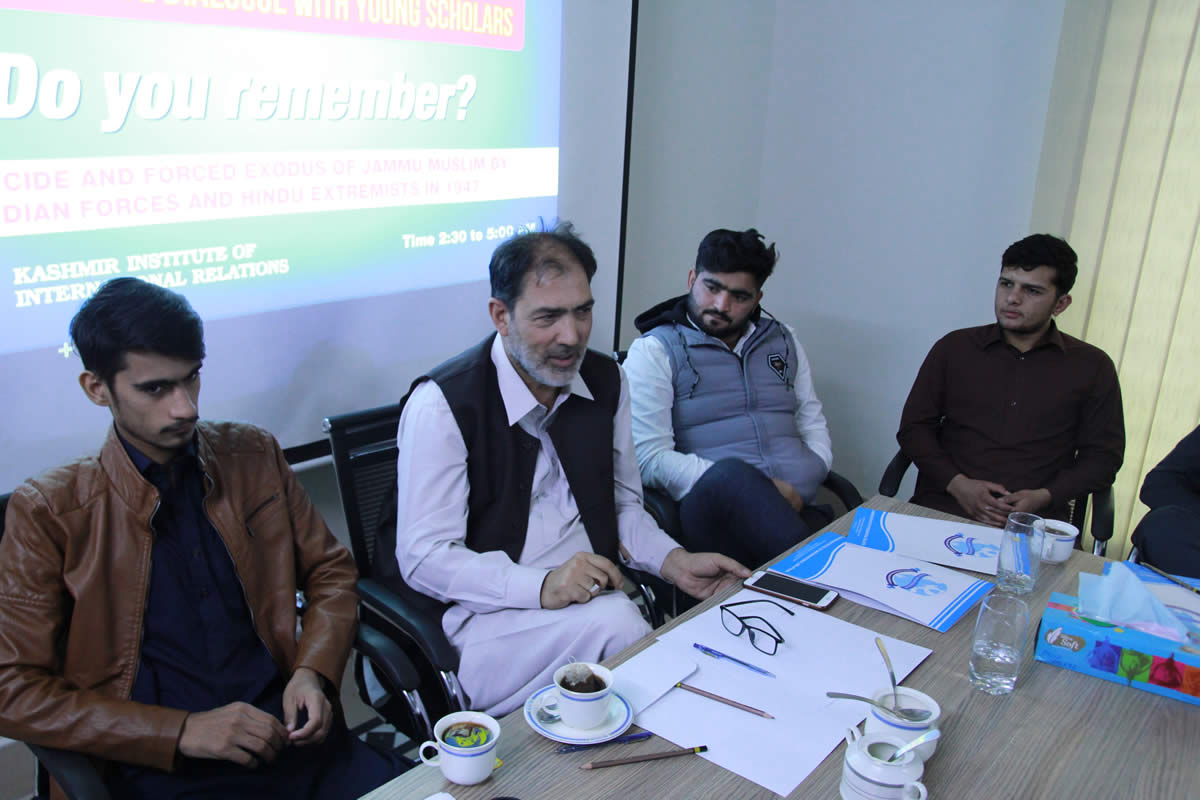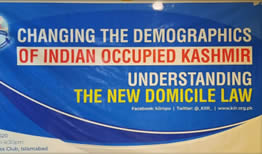KIIR Winter Internship Program 2025
KIIR Winter Internship Program 2025
Dr. Khurram Iqbal, an esteemed Associate Professor at the National Defence University (NDU), today on January 21, 2025 delivered an insightful lecture as a guest speaker at the KIIR Winter Internship Program. His expertise in counter-terrorism strategies and Hindutva extremism provided a critical lens through which to examine the evolving dynamics in Kashmir.
In his presentation, Dr. Iqbal elaborated on the profound impacts of Hindutva ideology on the Kashmir region, emphasizing how the current Indian right-wing political landscape perceives both Kashmir and its people. He articulated that the Indian state views the geography of Kashmir not merely as a territorial dispute but as a sacred space that holds significant ideological value for Hindutva proponents. For these groups, particularly the Bharatiya Janata Party (BJP) and the Rashtriya Swayamsevak Sangh (RSS), Kashmir is seen through a lens that frames it as a holy land, integral to the larger narrative of Hindu identity and nationalism.
Dr. Iqbal pointed out that this ideological prism fundamentally otherizes the Muslim population of Kashmir. To the BJP/RSS and similar organizations, Kashmiri Muslims are not just a demographic; they are often viewed as outsiders or adversaries in the quest to reclaim what they consider a historically significant Hindu territory. This perspective informs their policies and strategies, which aim to reshape the region’s socio-political landscape in alignment with their ideological beliefs.
One of the critical aspects of Dr. Iqbal’s discussion was the abrogation of Articles 370 and 35A of the Indian Constitution. He framed these actions as deliberate steps towards implementing the ideology of Vinayak Damodar Savarkar, a key figure in Hindutva philosophy. The removal of these articles, which granted special autonomy to Jammu and Kashmir, is seen as a strategic move to facilitate demographic changes in the region. Dr. Iqbal argued that these changes are designed to dilute the Muslim majority and alter the socio-political fabric of Kashmir, aligning it more closely with Hindu nationalist objectives.
Furthermore, Dr. Iqbal highlighted the promotion of Hindu pilgrimage tourism as a mechanism for colonizing Kashmir. By encouraging Hindu pilgrimage to significant religious sites, the Indian state not only aims to bolster its narrative of Kashmir as a part of Hindu heritage but also seeks to establish a physical and cultural presence in the region. This strategy, he argued, serves to further marginalize the local Muslim population and reinforce a Hindu-centric identity in a historically diverse land.
In conclusion, Dr. Khurram Iqbal’s insights shed light on the complex interplay between ideology, politics, and identity in Kashmir. His analysis underscores the urgent need for a nuanced understanding of how Hindutva extremism shapes the contemporary realities faced by the people of Kashmir, particularly in light of the ongoing geopolitical tensions and socio-cultural transformations in the region.
Past Events














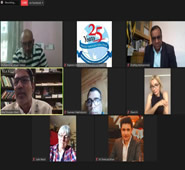
_1627626452.jpg)
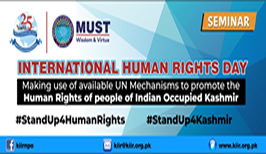
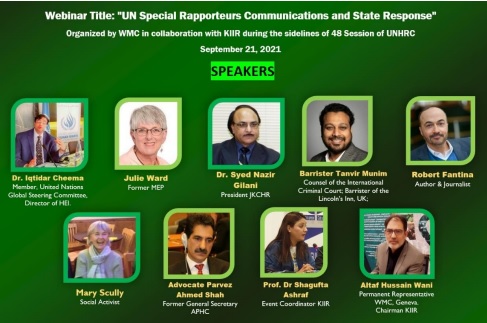
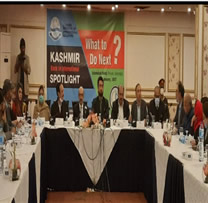
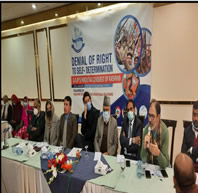
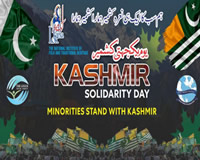
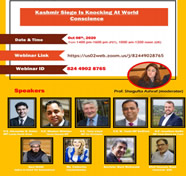
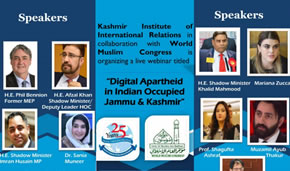
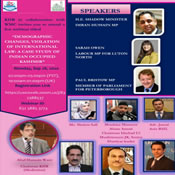
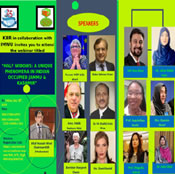
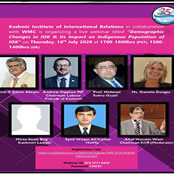
_1627627084.jpg)
